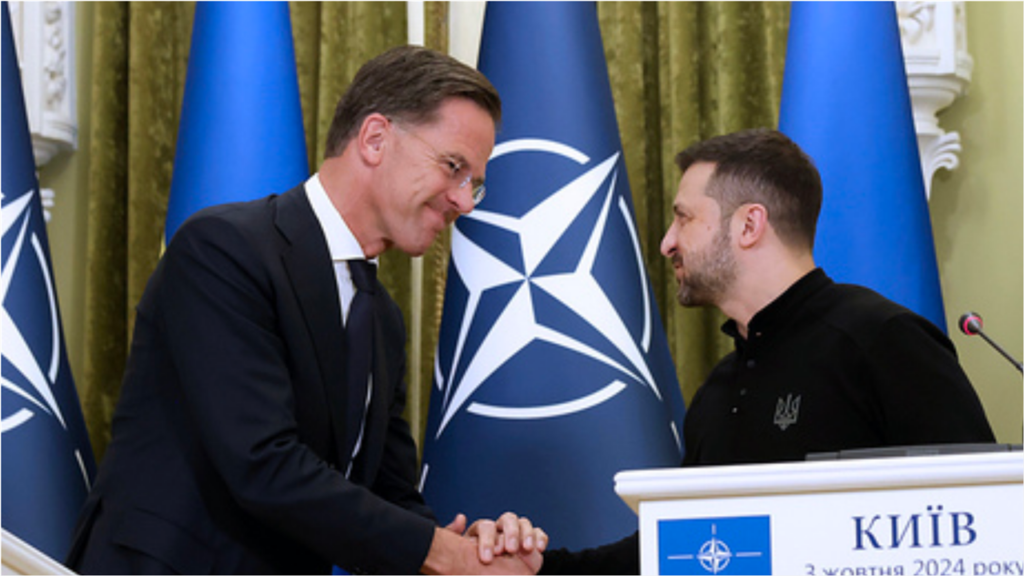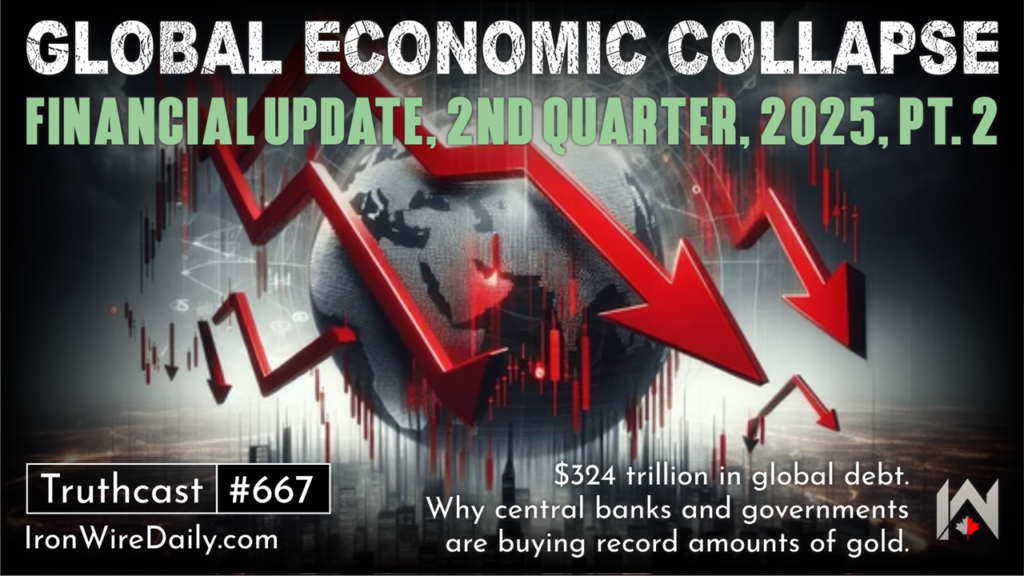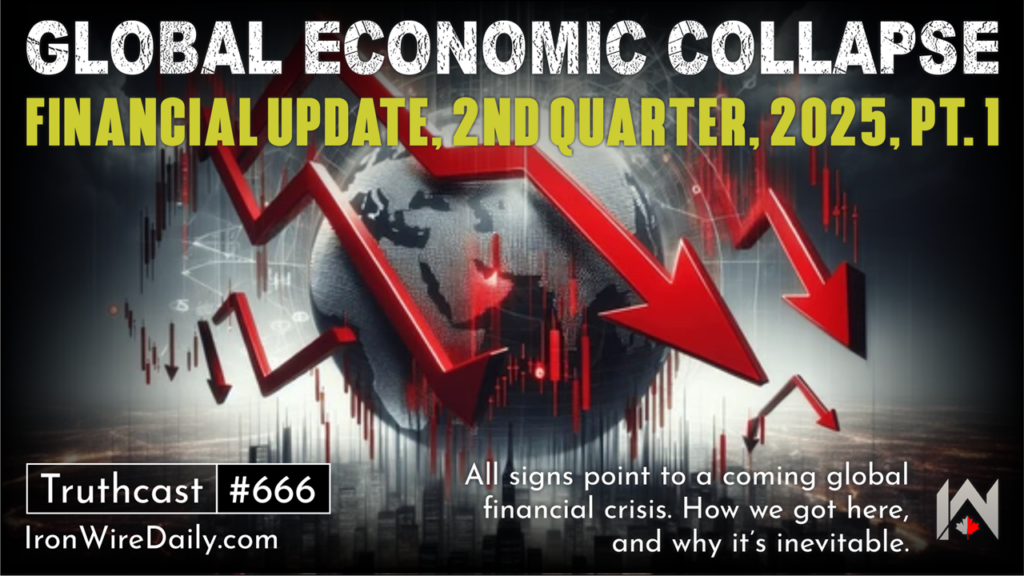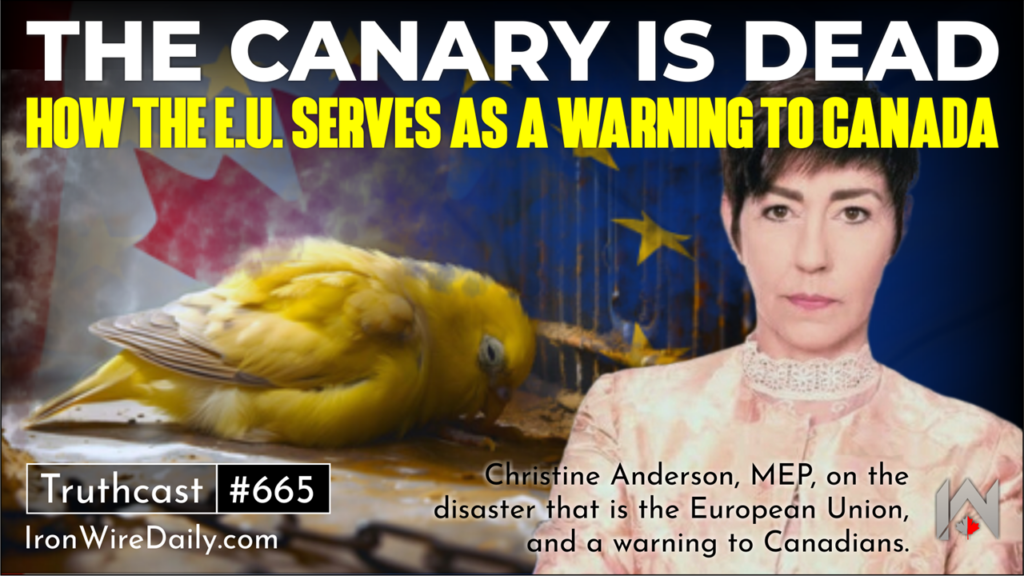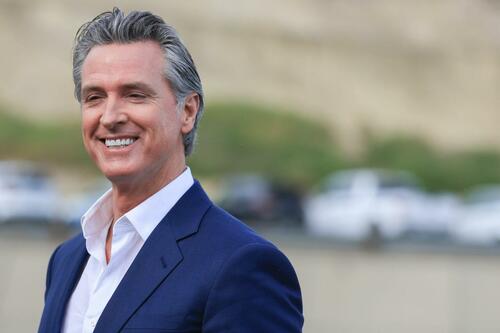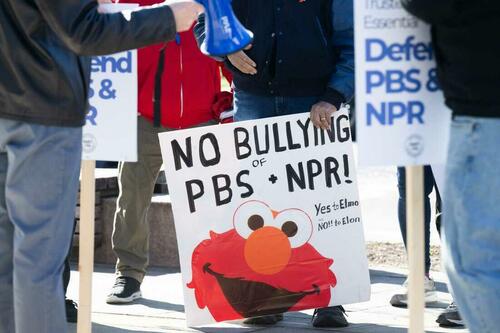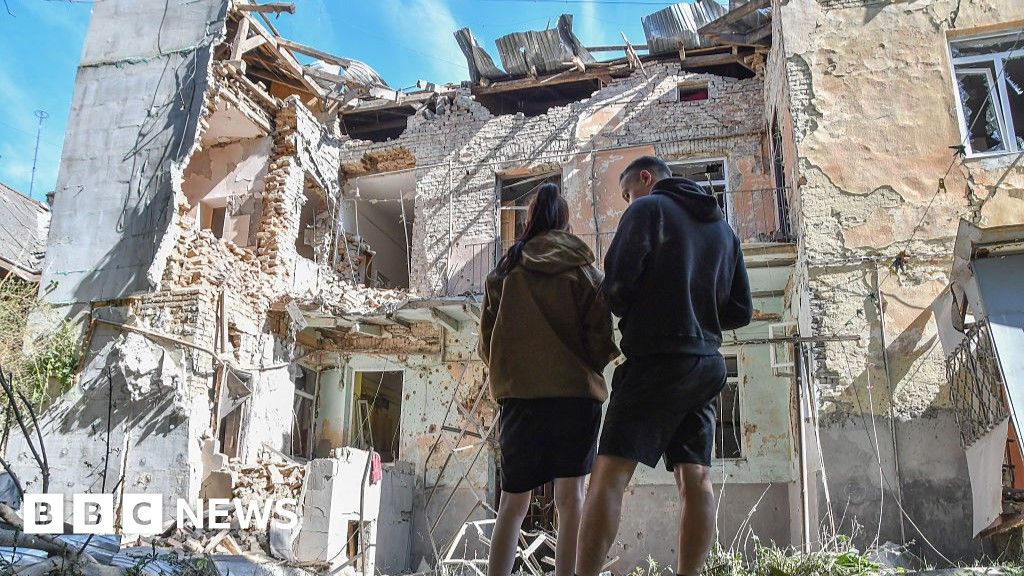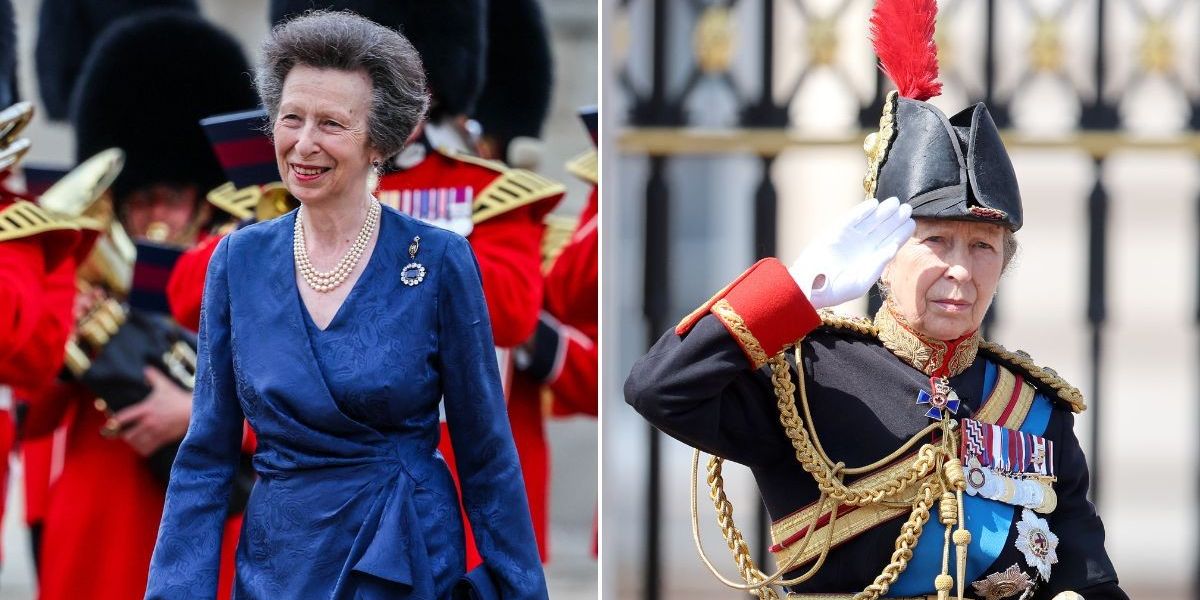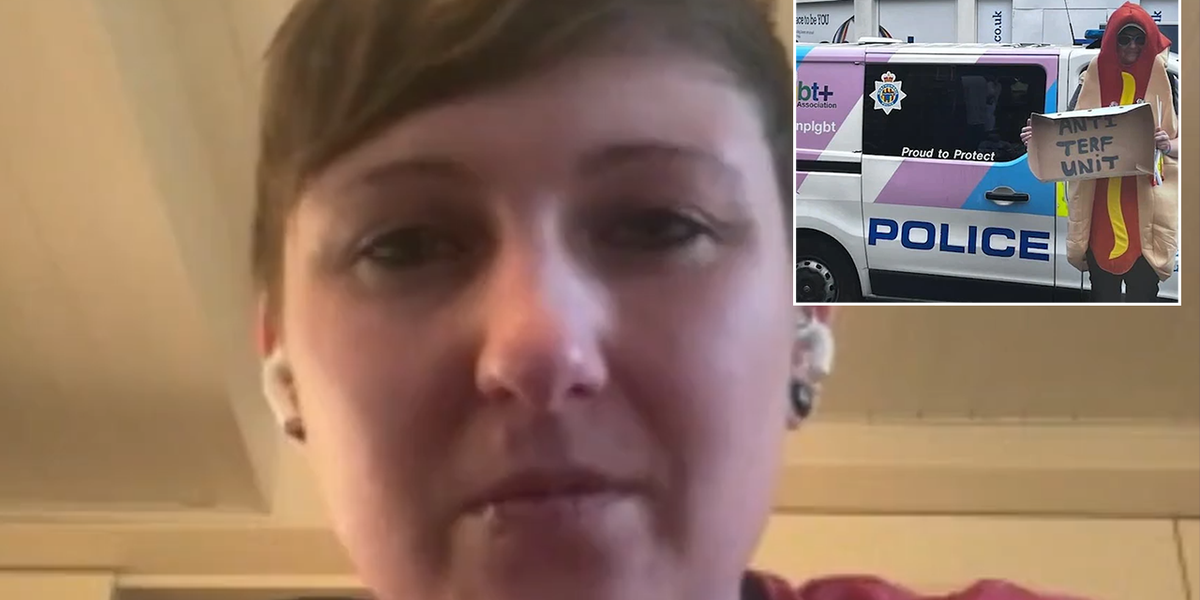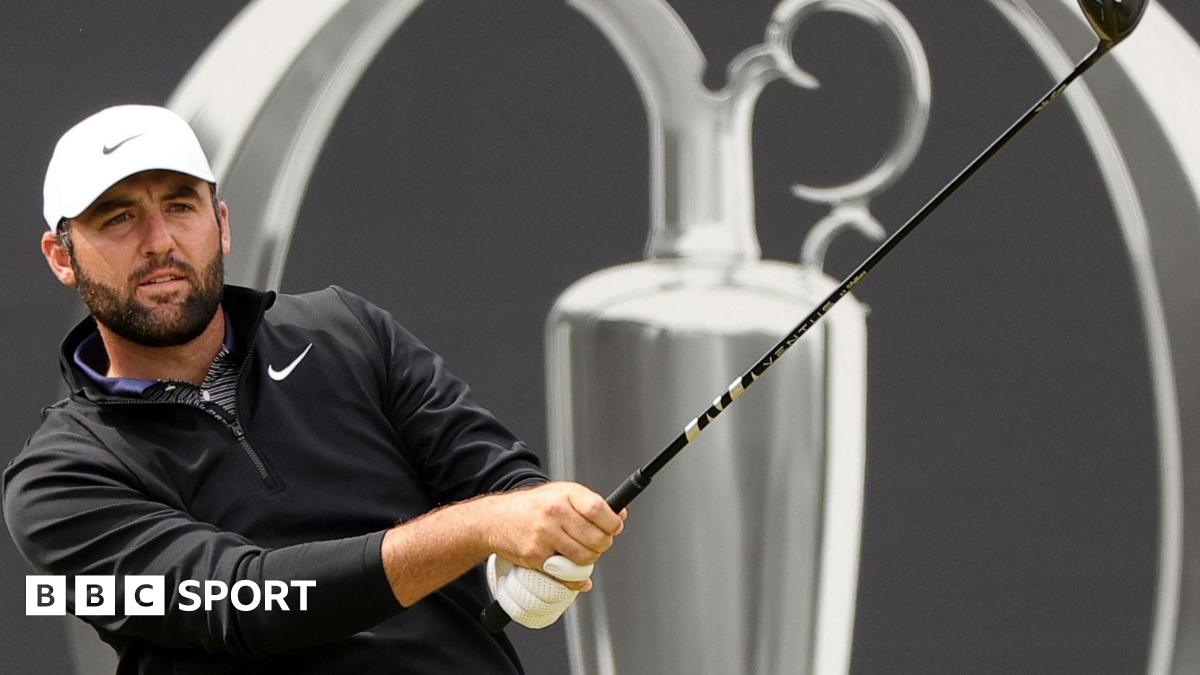Why We’re All Sceptics Now

As the Afghan data breach lurches from scandal to farce, it’s worth remembering there was a time when respectable people actually trusted the institutions meant to serve them, rather than feared being betrayed by them.
We believed our borders were safe and secure. We sent our children to school and assumed the curriculum was written by grown-ups. We voted and believed our MP, however flawed, acted in good faith. We paid our taxes, watched the BBC, clapped for the NHS, cheered our team. We believed the experts.
Those days are gone.
Scepticism is no longer a fringe reflex. It’s a rational, self-preserving stance for anyone who’s been paying attention. Because nearly every pillar of public life – politics, media, academia, the police, corporations, even science itself – has been exposed not just as fallible, but as actively self-serving, coercive, and too often contemptuous of the people it claims to serve.
The Afghan Betrayal
Start with a symbol: the Ministry of Defence leaking the names and locations of Afghan interpreters and our own soldiers. People who risked their lives for us. Men we promised to protect. Instead, through staggering negligence and incompetence, we painted targets on their backs.
And what was the institutional instinct? Not accountability but a cover-up worthy of Comrades Putin, Xi and Kim Jong Un.
Collapse by a Thousand Cuts
Trust hasn’t eroded. It’s been strip-mined.
Polling by Ipsos and YouGov shows fewer than 30% of Britons trust MPs to tell the truth. Just 37% believe public institutions act in the national interest. Trust in the media is now lower in Britain than in the United States, birthplace of the National Enquirer.
What changed?
The 1970s were rough. Strikes, inflation, decline – yet the system still felt like it belonged to us. Governments changed. Ideas clashed. But the social contract held.
Then came 2008. Bankers torched the economy, were bailed out and walked away with bonuses. No jail time. No reckoning. Families lost homes and livelihoods. The public saw the truth: if you’re powerful enough, failure carries no penalty.
MPs’ expenses confirmed the pattern: moat cleaning, duck houses, property scams. A few red faces. Fewer resignations.
And then came Covid.
We were told it was temporary. We were told the science was settled. We were told we were all in it together. But behind the slogans lay arrogance, censorship and cowardice.
Three years on, even official reviews admit that the human cost of lockdowns — mental illness, missed cancer diagnoses, economic devastation — was far worse than anticipated. Over 400,000 children are now persistently absent from school. NHS backlogs are at record highs.
Dissenting scientists were smeared. Journalists silenced. While we postponed funerals, politicians partied behind closed doors, enjoyed a bit of tonsil tennis and deleted their WhatsApps. Science became a slogan. Public health became a pulpit. That’s not democracy, it’s technocratic authoritarianism in a lab coat.
Yet no one in power has apologised. No one has been held accountable.
The Gospel of Net Zero
With Covid losing its grip, a new dogma took hold: Net Zero.
Same pattern. Catastrophic forecasts, elite sermons and ordinary people footing the bill. Whether it’s gas boiler bans, meat taxes or EV mandates on an unready grid, environmental policy has become a morality play. Ideological, punitive and oddly selective.
We’re not against clean air. We’re against economic masochism dressed up as planetary virtue.
While the UK agonises over wood-burning stoves, China approves a new coal plant every week. Who benefits? Not us.
Ask questions and you’re branded a ‘denier’. But it’s not denialism to want evidence-based policy. It’s common sense.
Broken Trust, Across the Board
Policing? Public confidence is at generational lows. Burglaries go unsolved. Knife crime is rising. The Palestinian and Rainbow flags are de rigueur. But misgender someone on social media or wear a Star of David and you’ll feel the long arm of the law on your shoulder or get a knock at your front door.
The NHS? Most patients still encounter decency and dedication on the front line, but behind the curtain the system exists largely to preserve itself. The unions, dressed up as professional associations, behave like political action committees, not custodians of public trust. Accountability is non-existent. Excuses are contagious. Just ask anyone who’s waited six hours in A&E to be told there’s no doctor available – but there’s no shortage of DEI consultants on full-time pay.
The clergy? The Church of England, that moral custodian of the nation’s soul, spent decades shielding abusers and silencing victims. The Independent Inquiry into Child Sexual Abuse exposed a culture where safeguarding came second to self-preservation. Over 390 clergy were convicted. When the shepherds protect the wolves, what faith can the flock possibly have left?
Academia? Once a haven for heretics and hypothesis, now churns out zealots with degrees in grievance. Their professors, long since tenured into irrelevance, cheer them on as they chant for Palestine.
The Royal Family? The Queen was constant, dutiful. Her son is best known for tampon talk. Her grandson monetises his grievances on Netflix.
Talking of celebrities, they tweet about poverty from infinity pools, moralise about climate change from private jets and posture about working-class struggles in gifted couture.
Meanwhile from the Olympics to the World Cup to Hollywood, people cheat, dope, bribe and show levels of moral turpitude more associated with Caligula than our two Bobbys, Charlton and Moore. Yet they still expect applause, sponsorship deals and lecture slots at the UN.
We used to have heroes. Today more and more just become zeros while continuing to accumulate obscene levels of wealth.
The hypocrisy isn’t just offensive. It’s industrial.
A Parallel Universe
What ties all this together isn’t ideology or even incompetence. It’s the total absence of consequence.
Ordinary people still play by the rules. They wait their turn, follow the law and pay their taxes. But the elites who write those rules live in a parallel universe, where failure is rewarded, shame optional and accountability reserved for others.
So yes, we’re all sceptics now. Not because we’re bitter. But because we’re paying attention.
Can trust be rebuilt? Maybe, but not with apologies, hashtags and press releases.
Because if the people who follow the rules lose faith in the rules and the establishment, what’s left?
Nothing but the sceptics. And we’re not wrong.
Clive Pinder is a recovering global executive, accidental columnist and mildly repentant political provocateur. He now writes about hypocrisy, hubris and humanity. Find him on Substack.


